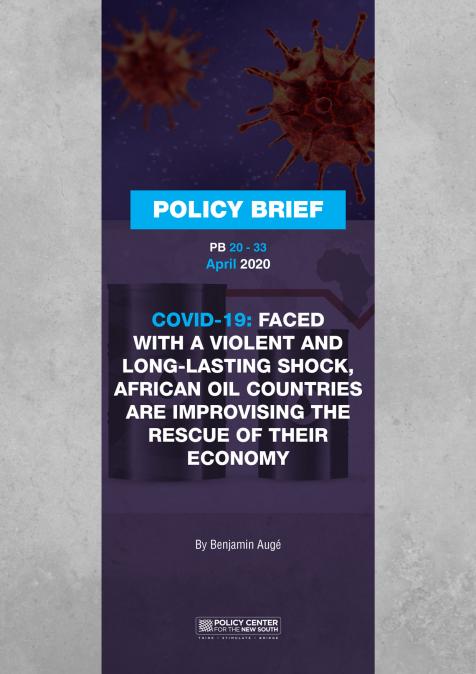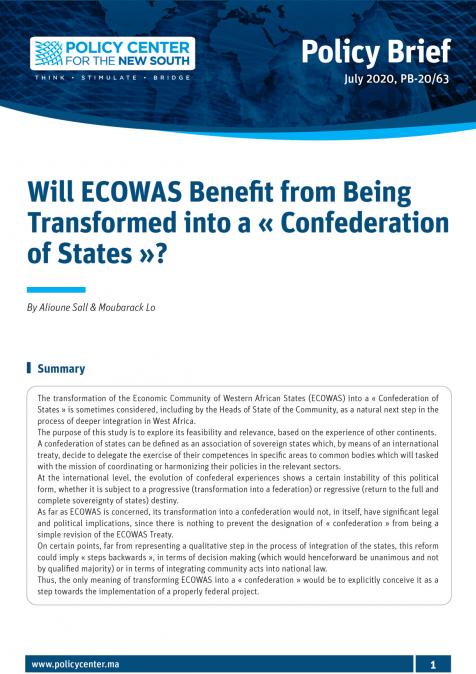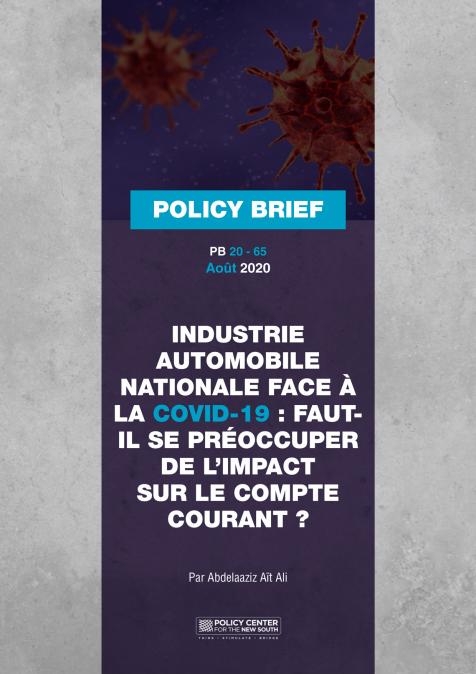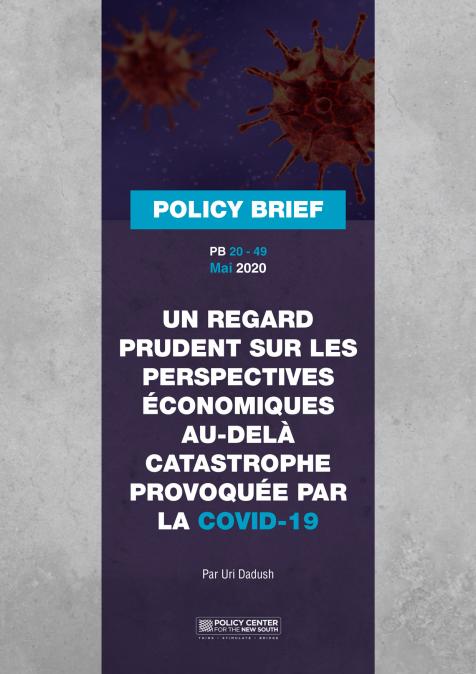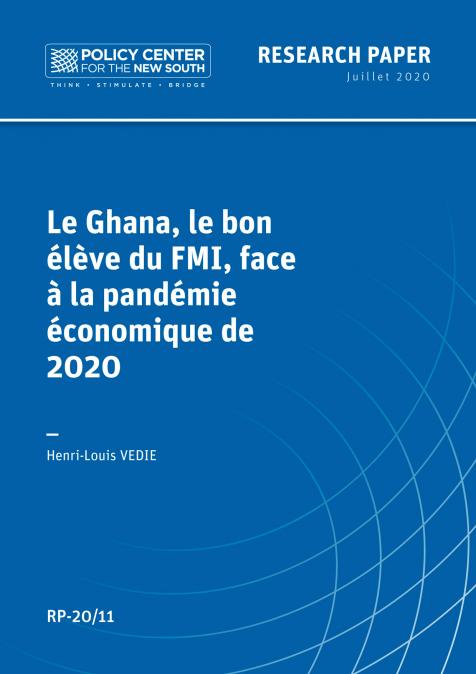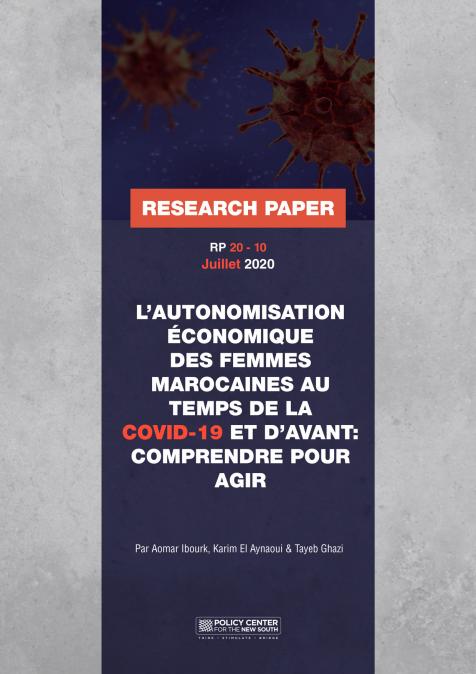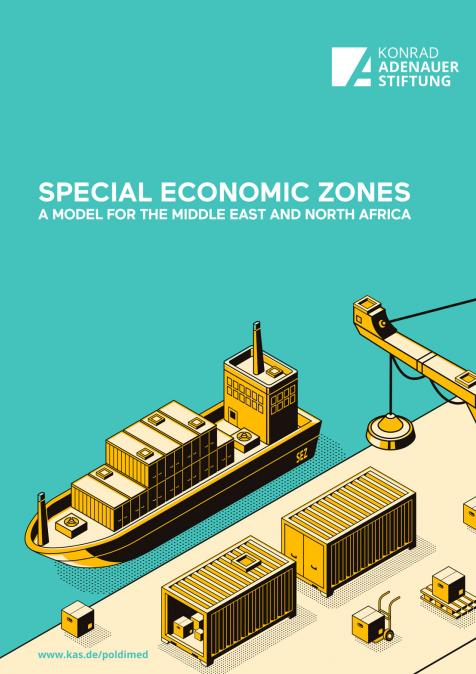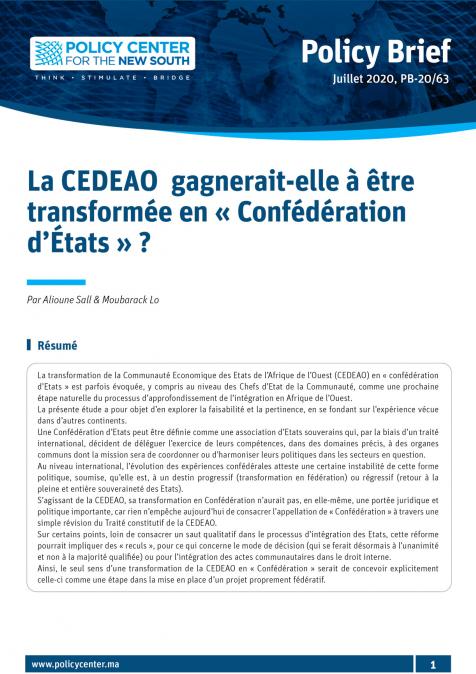Publications /
Policy Brief
Policy Brief
Covid-19: Faced with a Violent and Long-Lasting Shock, African Oil Countries are Improvising the Rescue of their Economy
While the Brent oil prices in London have been fluctuating between 20 and 35 dollars per barrel for several weeks, and while American oil prices in New York even reached negative values on 20 April, most African oil-producing countries have, at the end of 2019, passed their 2020 budgets on the basis of rather optimistic forecasts, sometimes betting on an increase in expenditure financed by borrowing (Nigeria). Some of these countries were expecting Brent prices to be rather high in 2020, following the curve observed in 2019 where the annual average was around $64 per barrel.

